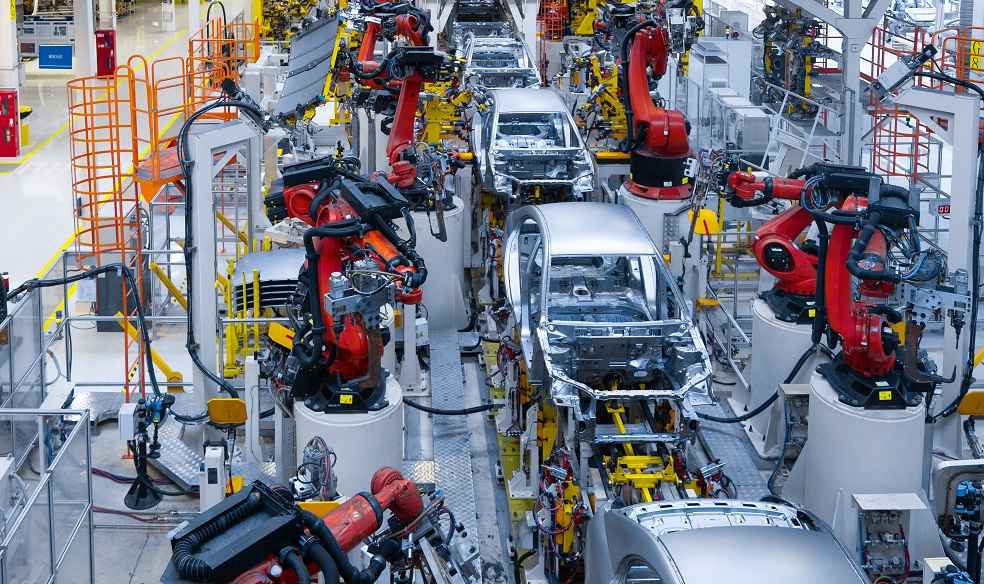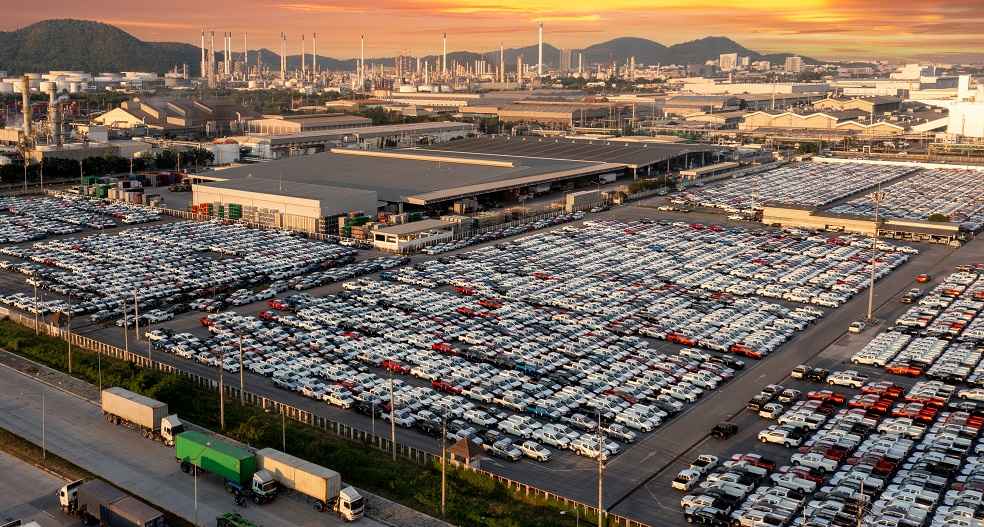Mexico City: The International Longshoremen’s Association (ILA), the largest union of maritime workers in North America, is set to strike at Atlantic and Gulf Coast ports from 1 October. The action threatens to disrupt the automotive supply chain, particularly in the handling of containerized vehicles and parts logistics.
Representing over 85,000 dockworkers, the ILA is demanding a new contract from the United States Maritime Alliance (USMX), which represents dock employers, including Maersk’s APM Terminals and SSA Marine. The union argues that workers deserve wages aligned with the significant profits earned by ocean carriers. Contract talks between the ILA and USMX broke down in June, and no negotiations have taken place since.
If no agreement is reached before the current contract expires on 30 September, strikes will commence immediately. US President Joe Biden has indicated he will not invoke the Taft-Hartley Act, which could enforce a cooling-off period, leaving the likelihood of a prolonged strike.

Ports across North America’s east coast, including New York, Philadelphia, Baltimore, Savannah, and Houston, will be affected. In 2023, these ports handled over 57% of US imports, with automotive logistics being particularly vulnerable. Last year, containerized car deliveries at the Port of New York and New Jersey surged, processing over 35,000 vehicles—ten times the number from 2022. Major automakers such as BMW, Toyota, and Ford rely on these ports for inbound and finished vehicle logistics.
Adding to the disruption, the Port of Baltimore, the busiest vehicle-handling port in the US, is still under strain following a bridge collapse in March that forced ships to reroute to nearby ports.

The strike comes amid strong freight demand, with September traditionally being one of the busiest months for US container imports. Shipping marketplace Container xChange has warned of potential short-term spikes in demand as businesses rush to secure container capacity. However, US inventories are currently strong, which may prevent a dramatic spike in container rates.
The overall impact on the automotive supply chain will depend on how long the strike lasts. Even a brief stoppage could cause significant delays, with Maersk warning that backlogs could take weeks to clear.
BUSINESS SCOPE | Automobile Robotic Service Centers: The Future and Challenges





